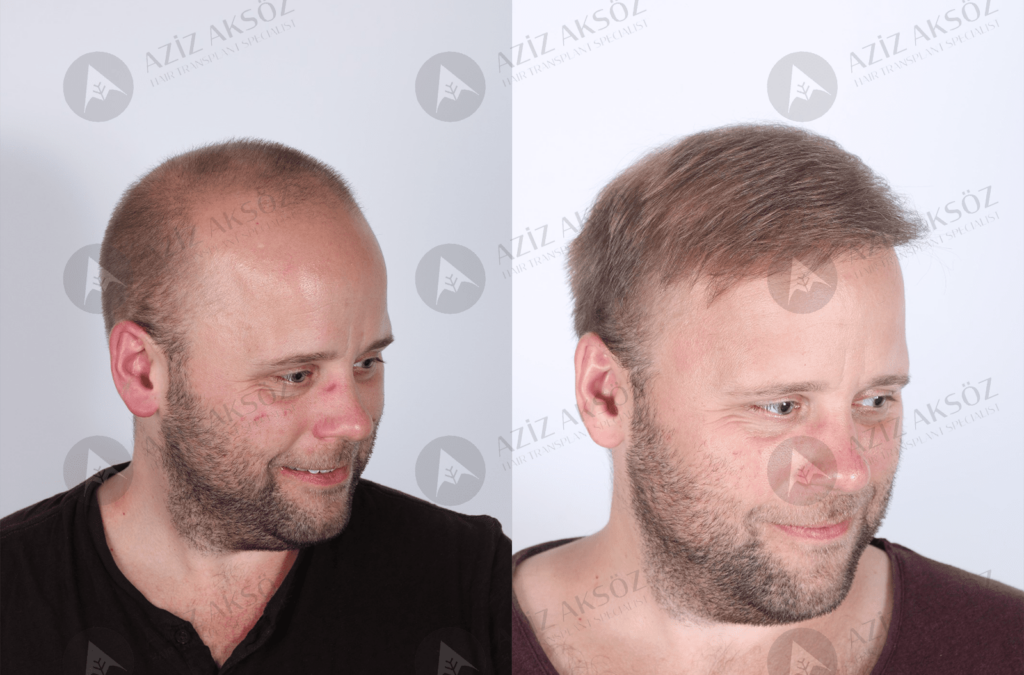- Kartaltepe Mahallesi İncirli Caddesi Limon Çiçeği Sokak No: 1 34145 Bakırköy İstanbul
- +90 541 548 52 47

What your hair says about your health
27/09/2022
What is a natural hair shampoo product? Which hair cosmetics are considered natural?
27/09/2022You must have heard that modern hair transplant treatments are now extremely fast, easy and the recovery time is just as comfortable. Yes, all true. Patients can return to their homes or countries within two to three days by coming from different cities within the country or traveling all over the world for hair transplantation procedures. This is also possible.
After Follicular Unit Extraction (FUE) procedures, we recommend that patients take a few days off from work if they are in the same city and keep in touch with us during their recovery process. If they are going to travel, we recommend that they stay in a hotel for at least two or three days. It would be better for patients who had a long session and had more grafts transplanted, to rest a little longer.
After the surgery, patients usually experience swelling and edema in the head and face areas within 24-48 hours after the procedure. Swelling may go down to the forehead and eyelids, and it will go away on its own within 48-72 hours. Patients may also experience some bleeding in the donor area and pain in both the donor and recipient areas of the scalp. At this point, we recommend painkillers that the patient can take when he feels uncomfortable. They may also feel numbness or tingling sensations that will go away on their own in a day or two. Although many of these are common post-hair transplant problems that patients encounter, we also warn that they should call the clinic or doctor immediately if they experience excessive bleeding or pain. For this reason, we recommend our hair transplant patients to stay close to the clinic for a few days. The best time to travel after hair transplantation,This is when the pain and swelling subside in about two to three days, especially if you’re traveling by plane. At this point, the risk of infection is also low, but there will still be some crusting on the scalp in the coming days. Patients can wear a loose hat to hide it if they wish; The crusts fall off on their own after about three to 10 days.
We recommend that patients who will make long international and even domestic flights rest at their hotel and go for a check-up before leaving. Some patients are confused about flying because they worry that they will be exposed to high pressure on the plane. Yes, flying can cause some additional swelling in the body and stress on the scalp. Although air travel after hair transplantation has no effect on the results of hair transplantation, some patients may feel psychologically uncomfortable. We would like you to take extra precautions while flying and pay extra attention to overhead luggage. Although the probability of hitting your head in the upper cabinet is very low, we definitely remind hair transplant patients of this.
In addition, on-board alcohol can be served to patients traveling internationally. This should be avoided; Alcohol thins and dilutes the blood and can cause bleeding in the donor area, preventing clotting.
We recommend that patients traveling by road use air conditioning in their cars to prevent sweating, which can cause infection, especially in hot weather. In addition, they should keep their windows closed so that the head does not get dusty, and they should be careful not to rub their heads against the seat. Finally, it is very important that we carefully follow all post-operative care instructions.




